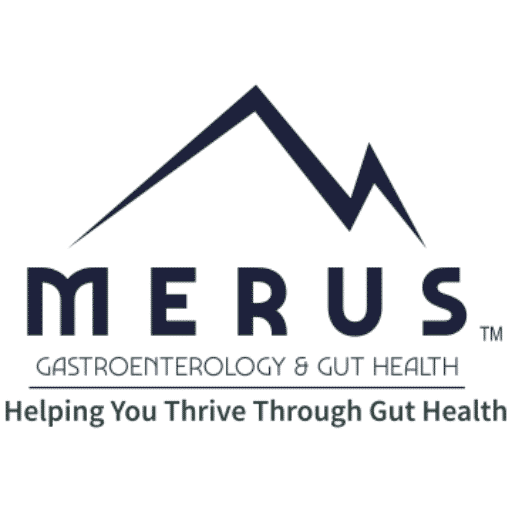Crohn’s disease can make mealtimes stressful, especially during a flare-up. Misinformation about nutrition often leads to confusion and unnecessary dietary restrictions. In this post, Merus Gastroenterology & Gut Health LLC debunks common nutrition myths and provides evidence-based guidance on what to eat—and what to avoid—when Crohn’s symptoms strike. If you’re searching for “acid reflux doctor near me”, understanding the right diet is a crucial step toward managing your gut health.
Myth #1: Diet Doesn’t Matter for Crohn’s Disease
Fact: Diet plays a significant role in managing Crohn’s symptoms and supporting remission. While food isn’t the cause or cure for Crohn’s, eating a balanced, gut-friendly diet can help amplify medication effects, correct nutrient deficiencies, and improve overall well-being. Consulting with a specialist, such as an acid reflux doctor, can help tailor dietary choices to your unique needs.
Myth #2: You Must Avoid All Fiber
Fact: Not all fiber is off-limits during a flare-up. While some people with Crohn’s may struggle with digesting raw vegetables, fruits, and whole grains during active inflammation, fiber is essential for long-term gut health. Keeping fiber in your diet can reduce the risk of future flares by up to 40%. Strategies like blending, pureeing, or cooking vegetables can improve digestibility.
Myth #3: Trendy Diets Like Keto or High-Protein Are Safe for Crohn’s
Fact: Popular diets such as keto or high-protein plans may not be suitable for Crohn’s patients. Excessive protein, especially from red meat, can strain the digestive system and worsen symptoms. Highly restrictive diets can also lead to nutritional deficiencies. A balanced diet with lean proteins, whole grains, and anti-inflammatory foods is recommended.
Myth #4: Ultra-Processed Foods Don’t Affect Crohn’s
Fact: Ultra-processed foods—those containing artificial sweeteners, emulsifiers, and thickeners—can increase inflammation and the risk of flare-ups. Diets high in processed meats, low-calorie drinks, and refined grains have been linked to increased Crohn’s risk. Instead, focus on whole, minimally processed foods and consider the Mediterranean diet, which has been shown to decrease disease activity and inflammation.
What to Eat During a Crohn’s Flare-Up
- Cooked, peeled vegetables (carrots, potatoes, squash)
- Lean proteins (chicken, fish, eggs)
- Low-fiber fruits (bananas, melons, applesauce)
- Refined grains (white rice, pasta, sourdough bread)
- Bone broth and soups for hydration and gentle nutrition
What to Avoid During a Flare-Up
- Raw vegetables and fruits (especially with skins or seeds)
- Whole nuts, seeds, popcorn (can irritate strictures or ulcers)
- Red and processed meats
- Spicy, fried, or high-fat foods
- Ultra-processed foods (with artificial additives)
Key Nutrients to Monitor
- Vitamin B12: Often deficient in Crohn’s, especially if the small intestine is affected.
- Iron: Chronic blood loss can lead to anemia.
- Vitamin D: Low levels are linked to increased flare-ups.
- Folic Acid: Important for patients on certain medications.
Regular monitoring and supplementation may be needed—consult your gastroenterologist or an “acid reflux doctor near me” for personalized advice.
Final Thoughts
Navigating nutrition during a Crohn’s flare-up doesn’t mean giving up all your favorite foods. Focus on gentle, nourishing options and avoid common myths that can lead to unnecessary restrictions. For expert guidance, reach out to Merus Gastroenterology & Gut Health LLC or search for an acid reflux doctor near you to support your digestive health journey.
For more personalized advice, contact Merus Gastroenterology & Gut Health LLC—your partner in gut health.









